COSMOS
CLUSTER

JSC Aerocosmos
Drop tests of missile analogues have been conducted. The project is ready to move to the practical implementation stage.
Our work has been sanctioned by special decrees of the Government of the Russian Federation.
Decree of the Government of the Russian Federation:
1) N 234-13 P6 of 17.03.1993,
2) N 820 of 22.10.1992,
3) N 425-25 of 23.06.1992.
is a highly mobile flying spaceport that does not require the construction of expensive ground-based launch facilities.
The carrier aircraft delivers the rocket to the launch site, where it is launched in the air, passing through the densest layers of the atmosphere. That is, in practice, the aircraft performs the functions of a reusable first stage of the PH.
STRUCTURE: built on the basis of the Il-76 (Il-76MF) aircraft
and the Shtil (SS-N-23) rocket.
PURPOSE: the air-rocket space complex is designed to deliver payloads to various near-earth orbits, including geostationary orbit, the carrier rocket is a liquid-fuel four-stage ballistic missile.
CHARACTERISTICS:
weight - 45.6 t,
length - 18.7 m,
diameter - 1.9 m.
MAXIMUM PAYLOAD CHARACTERISTICS:
weight - 950 kg,
length - 2.284 m,
diameter - 1.65 m,
volume - 3.6 cu.m.
ADVANTAGES
of air start





compared to traditional ground launch

PRINCIPLES OF OPERATION OF THE COMPLEX
The aviation rocket and space complex is designed to deliver payloads to various near-earth orbits, including geostationary orbit.
The Aerospace project uses a re-equipped Shtil (SS-N-23) rocket launched from a retrofitted Il-76MF carrier aircraft.
BOARD
Anatoly Petrovich
Yuri Mikhailovich
Oleg Andreevich
Maria Yurievna
Igor Rifkatovich
STRUCTURE OF THE EURASIAN AEROSPACE CLUSTER












LICENSES
our licenses and certificates











PRESS CENTER
space and technology news
07/24/2025, Moscow, Russia
Aerospace participated in the 7th Eurasian Aerospace Congress.
In her report, Ulyanova M.Y. provided comparative analysis on investments in the space industry of Russia and China, according to which Russia is moving towards 35% of private investment, but lags behind China (70%+). The International Space City of Wenchang is an example of a "space Silicon Valley" with exponential growth, operating according to the model of the ecosystem "factory-cosmodrome-data".
In 2024, commercial space exploration was included in the report of the State Council of the People's Republic of China as a strategic goal, which accelerated its growth. For the period of February 2025, the number of companies registered in the International Space City of Wenchang amounted to 700 companies. This exponential growth was driven by the industry's shift from the dominance of state-owned enterprises to market-oriented models involving private companies.
The report also cited management models that have ensured China's success in the space industry, including a "three-tier" model, an "open door" policy, and educational integration.
The report reported on the use of China's useful experience for the development of the space industry in Russia.: such as government support for space industry startups (benefits and grants), as well as a flexible government + private sector management model, where control remains through the Chinese National Space Agency (CNSA), but transfers 70% of operations to private companies.
Using the example of several private space companies, an analysis was given of the opportunities offered for the development of the Russian space industry by entering the market of the International Space City of Wenchang (China).
The main ones are: access to infrastructure, financial and tax benefits, access to emerging Asian markets, technological exchange, circumvention of sanctions and settlements in national currencies.
02/03/2025, Vienna, Austria.
Aerospace presented the project "Russian Space Theater Complex" at the 62nd session of the Scientific and Technical Subcommittee of the United Nations Scientific and Technical Council in Vienna.
Representatives of JSC "Aerospace" are included in the interdepartmental government delegation of Russia for the presentation of the Project.
This project, the Russian Space Theater Complex with High-tech Infrastructure and related thematic facilities, is planned to be implemented in the International Space City of Wenchang in the Free Port Zone of Hainan (China), opening it as an "international window into Space" for all Mankind. This increases the role of Russia's image as a space power abroad and becomes especially important when the relevance of the "space agenda" in the world is growing.
important news from the past year
An international round Table was held as part of the Zhuhai 2024 Aerospace Exhibition
The event was organized by JSC "Aerospace", the International Scientific Research Institute of Management Problems (IMRIIPU), the Company "Russian-Chinese Space Systems" (Wenchang). The round table was highly appreciated by the Roscosmos State Corporation.
The event was attended by about 100 participants in a mixed format, including heads and representatives of subordinate organizations of the Roscosmos State Corporation, representatives of provincial administrations of China, heads and representatives of enterprises of the Russian rocket and space industry, industry funds, innovative companies, scientific and educational organizations of the two countries. The round table made it possible to establish additional working contacts and expand exchanges between participants in the rocket and space industry of Russia and China, to present the achievements of the rocket and space industry and services of the two countries.
The round table contributed to the development of international cooperation between government organizations, civil (commercial) enterprises, innovative companies, and research organizations in the implementation of projects in the field of Space and astronautics. Within the framework of the event, presentations of promising projects of the participants in the field of Space and cosmonautics were presented in sections.
In section 1, "Scientific research, design, and production of launch vehicles", speakers included: Akentiev A.S., Head of the Department of JSC Scientific and Production Corporation Precision Instrument Engineering Systems (JSC NPC SPP), with a report "Retro-reflex spherical satellites Blitz-M and GLASS for solving problems of satellite geodesy and improving global navigation satellite systems BeiDou and GLONASS"; Babonov Yu.M. Deputy General Director of JSC "Aerospace" with a report "Development of launch systems in the rocket industry"; Wang Lipeng, CEO of Lightyear Exploration (Jiangsu) Space Technology Co., Ltd. With the report "Industrial development of a rocket storage tank".
In section 2, "Design and Production of spacecraft and space systems, their services", speakers were: P.A. Chubunov, Head of the Department of Integrated Research at JSC Scientific Research Institute of Command Instruments (JSC "Scientific Research Institute KP") with a report "Proposals for cooperation in the field of testing for resistance to heavy charged particles". The online event was attended by: Dr. Jayakumar Venkatesan, CEO of Harpy Aerospace (India), with a report on "Development of the satellite network and the BRICS Constellation"; O.V. Kornienko, Deputy Commercial Director of Satellite Innovative Space Systems LLC, with a report on "Projects and products of SPUTNIX LLC - development and manufacture of satellite devices and platforms, ground-based equipment, as well as solutions in the field of space education";
Section 3 "Promising (new) materials, structures and technologies for rocket and space technology, as well as related products and test benches for rocket and space technology" was attended by: A.E. Dvoretsky, First Deputy General Director of Composite JSC with a report on "Priority aspects in the development of materials science"; Miao Xiaoping, Chairman of the Management Board of Wuxi Henglong Cable Materials Co., Ltd. With the report "Raw materials and accessories for the production of cable products and components in the civil (commercial) space industry of the aerospace industry"; Xia Leiming Chairman of the Board of Jiangsu Dongfang Shenying Kongtian New Material Technology Co., Ltd. Presentation on "New high-performance materials and products for the civil (commercial) space industry"; He Yun, CEO of Xi'an Fusion Materials Technology Co., Ltd. With a report on "Advanced electronic materials for heat dissipation"; Yu Peng, Assistant General Director, Shenyang Anti-rust Packaging Materials Co., Ltd. with a report on "Introduction to integrated corrosion protection solutions in the aerospace industry"; Hu Xiaobo, Chairman of the Management Board, CEO and Founder of Shenzhen Leishen Intelligent System Co., Ltd. with a presentation on "Lidar fiber-optic inertial navigation, providing autonomous navigation and positioning of unmanned systems."
In section 4, "Earth Remote Sensing systems, receiving and processing information from Space," Lan Yuange, Deputy General Director of Xi'an Zhongkoxiguang Aerospace Technology Co., Ltd., delivered a presentation on "Introduction to hyperspectral satellite products and service capabilities."
In section 5 "Services, services (finance, insurance, law) in the field of commercial space industry", Li Kangjue, Director of the Foreign Business Department of Aerospace Development Industry Investment Group Co., Ltd., delivered a report on "Commercial investment cooperation in the field of space industry and artificial intelligence".
I.N. Myslyaeva, Head of the Department of the Faculty of Space Research of Lomonosov Moscow State University, Doctor of Economics, took part in section 6 "Humanitarian projects in the space industry: education and culture" with an online report "Training programs for the space industry at the Faculty of Space Research of Lomonosov Moscow State University".
The round table ended with a ceremony of awarding commemorative badges to speakers and active participants. The outcome of the round table was the expansion of the exchange of international experience between representatives of the rocket and space industry, representatives of space industry organizations and private space (innovative) companies, which will assist in the implementation of established programs of the rocket and space industries of Russia and China.
The working languages of the round table were Russian and Chinese.
important news
Aerocosmos took part in the III scientific and practical conference "Roscosmos Constellation: Science Trajectory
perhaps the main news of 2023
Creation of a test site for systematic testing of the latest rocket engine for the reusable rocket of the Corona project
As usual, the Americans, with unlimited financial resources, burn rockets, launching them to certain altitudes, the Russians, limited in financial matters, simply and economically practice these same algorithms on a ground-based mechanical complex, which allows daily launches and tests to be carried out without leaving the Earth further than 12 meters!
During August - September, work is underway to debug the rocket engine control system to ensure "soft" launch and landing modes of the test complex fixed to a complex articulated mechanism that limits the lift-off of the complex from the ground by 10-12 meters, which is quite enough to measure and test the control algorithms of the latest rocket engine with a central body.
















Chelyabinsk region,
Sosnovsky district,
settlement Novy Kremenkul,
st. Central, 1
+7 351 750 3998
info@aerocosmos.space
pihta.art









